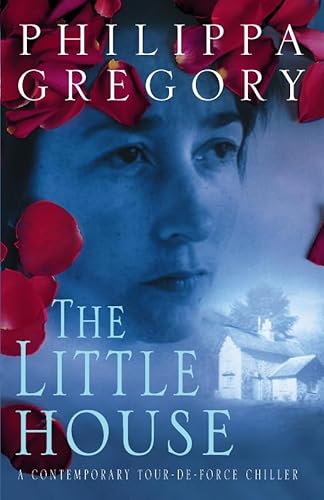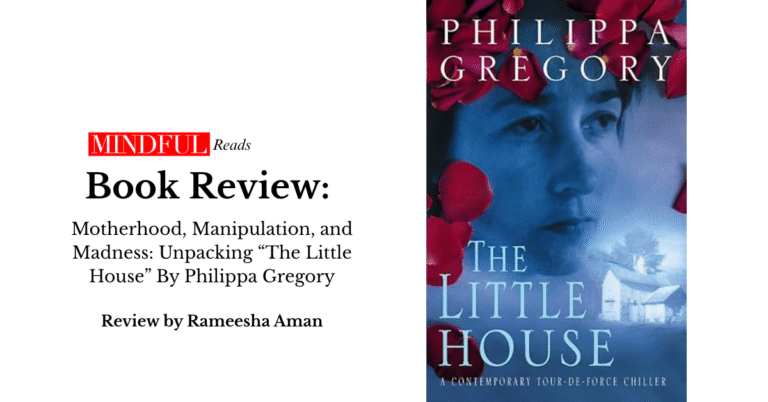The Little House is one of the lesser-known novels by Philippa Gregory, best known for her historical fiction works such as The Other Boleyn Girl and The Tudor Series. This lack of recognition is somewhat unjust, as The Little House is a gripping psychological thriller and a chilling exploration of psychological abuse.
The novel follows Ruth and Patrick Cleary, a couple happily married for four years and leading a quiet suburban life in Bath. Their seemingly stable world is suddenly disrupted when Ruth loses her job, discovers she is unexpectedly pregnant, and a small house near Patrick’s parents’ farmhouse conveniently comes on the market.
countryside, living in the little house and increasingly under the control of Patrick’s overbearing parents. What begins as familial involvement soon spirals into domination—Elizabeth, Patrick’s mother, starts making decisions about everything; from the house décor and meals, to how the nursery should look and, ultimately, how Ruth should raise her child. Ruth’s attempts at asserting herself are met with escalating consequences: she is institutionalized, cut off from sympathetic allies, and ultimately deemed unfit as both, a wife and mother.

As the story progresses, feelings of isolation and betrayal build between Ruth and Elizabeth, reaching a powerful climax. Gregory masterfully captures the creeping dread and loss of autonomy Ruth experiences, making the reader question the boundaries of care, control, and cruelty.
Written with precision and psychological insight, The Little House explores the complex desires and fears of modern women. Ruth’s inner turmoil and descent into instability are portrayed with empathy and nuance. The novel also underscores the contrasting values of urban and rural England, subtly revealing how environment shapes expectations and social norms.
Gregory’s writing is sharp, emotionally rich, and deeply attuned to Ruth’s psyche. Readers who admire her historical fiction will find even more to appreciate in this contemporary work. The characters are well-drawn, the atmosphere hauntingly vivid, and the themes disturbingly resonant. The Little House is a novel that lingers long after the final page.
Review by Rameesha Aman
rameesha763@gmail.com



